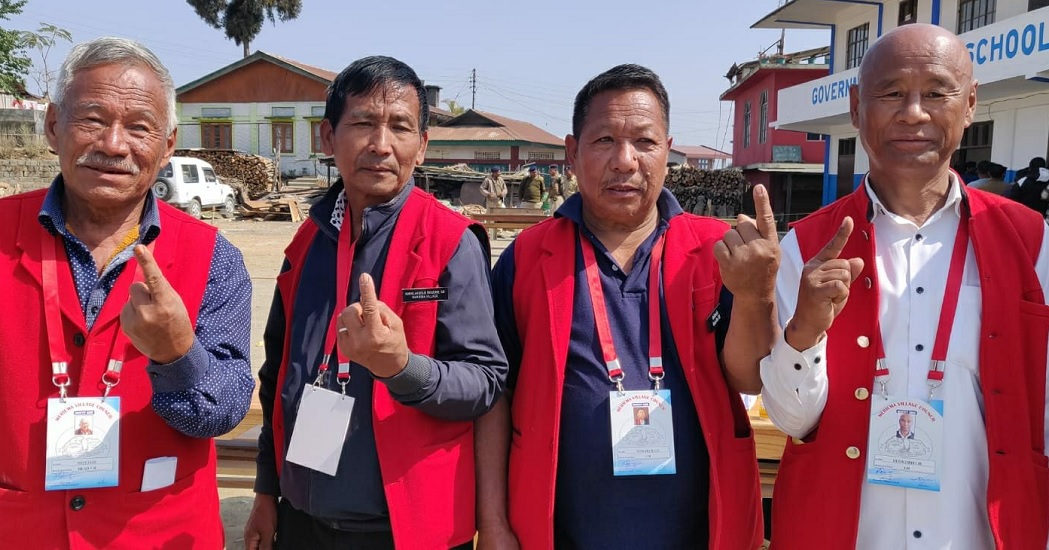Nagaland Assembly Elections Demolish False Narratives of Indian Democracy in Danger

Shashi Shekhar Vempati
Nagaland, 2nd March 2023: A paper published by the India Century Roundtable and shared by Professor Salvatore Babones from the University of Sydney sheds light on the flawed methodology and source data used by the Sweden Institute V-Dem in their ranking of global democracies. The paper argues that the index fails to distinguish between single party authoritarian states and vibrant multi-party democracies, resulting in questionable rankings. For instance, authoritarian Hong Kong scores high while India, the world’s largest democracy, is penalized.
The false narrative of “democracy in danger” in India has gained traction in certain sections of the global media. Billionaire George Soros has gone public about his intentions to tamper with the Indian democracy ahead of several state assembly elections and the prestigious G20 Summit in India. The false narratives took a curious turn when multiple global media outlets advanced a narrative of women journalists in danger in India, which brought to mind the flawed Index around Press Freedom.
The Reuters Institute of Journalism (RISJ) noted during a seminar with award-winning Mexican journalist Marcela Turati that Mexico had seen more deaths of journalists than even war-torn Ukraine and Syria. The RISJ describes Mexico as the most dangerous country for journalists, yet the Press Freedom Index for 2022 released by Reporters without Borders (RSF) ranks Mexico at 120 and India at 150. This stark contrast between narratives of the RISJ in the UK and RSF in France over their perception of the safety of journalists and freedom of press tells an untold story of how the global south and developing democracies have become a petri-dish for interventionist experiments from the global north and well-funded activists in search of causes.
The latest narrative over the safety of women journalists in India comes from another such interventionist experiment by the International Center for Journalists (ICFJ), undertaken in partnership with the University of Sheffield in the United Kingdom based on a major UK government-funded project. The British Foreign Secretary brings up the issue of the BBC Tax Survey when it is his Foreign Office that has funded the ICFJ-Sheffield project behind the false narrative on Women Journalists in India being in danger.
The recent round of elections to multipl e state assemblies and specifically the Nagaland assembly has repudiated multiple false narratives on India advanced by the global media. The Christian majority Nagaland voted in the BJP coalition to power with a thumping majority, despite the church in Nagaland quite vocally opposing the BJP coalition. Every false narrative, from “politics over beef” to “minorities under persecution,” has been demolished. The competitive results in other states of the northeast demonstrate that democracy in India remains vibrant.
The saga of the past few weeks reveals how the global media’s journalistic compass in its coverage of India has lost its bearings. Activists from the global north in search of ready-made causes in the global south, often with taxpayer funding from developed western democracies, patronize fraudulent journalism in the pursuit of online victimhood and make bizarre connections across unrelated political developments in India. Global media outlets are betraying both their naivety in navigating Indian politics and their lack of understanding of how Indian democracy functions. It is perhaps time for global media outlets to give serious thought to resetting their compass on covering India lest they continue to be taken for a ride by dubious individuals and fraudulent causes, often at the expense of taxpayers back home.
(The writer is the former CEO, Prasar Bharti. Views expressed are personal.)








